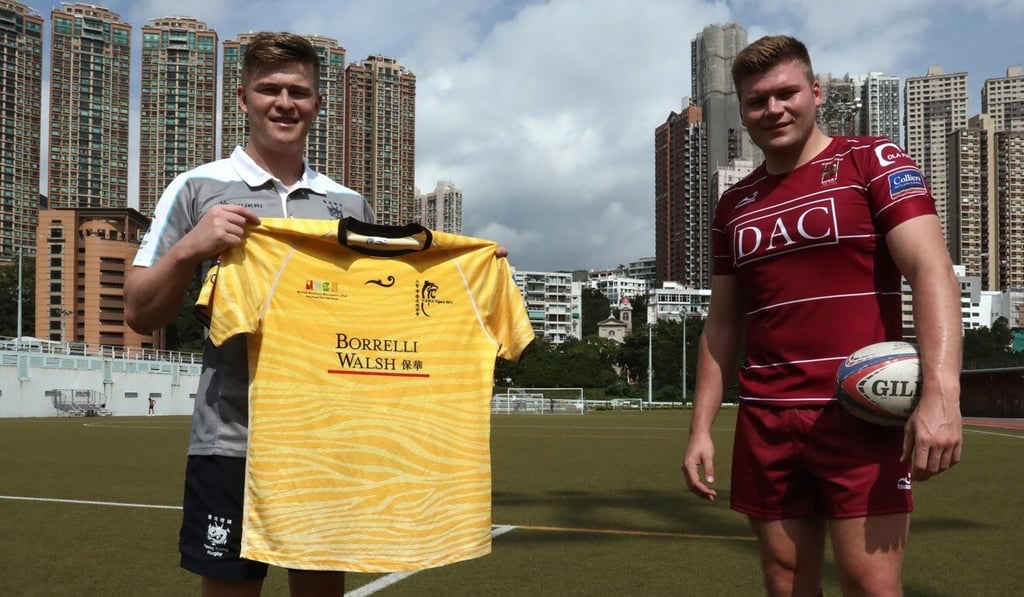Hong Kong recruit Josh Henderson contrasts player management with Scotland youth days – ‘Hong Kong is just much better at looking after you’
- The 23-year-old fly-half describes ‘much tougher and cutthroat environment’ in Scotland
- New Tigers signing Henderson believes Asia has a ‘broader outlook’ on importance of player management

“There have been a few stories that have come out lately from Scottish Rugby – I don’t want to talk about it too much, but – around their player management,” said the Kirkcaldy-born Henderson.
“I can see from already being in Hong Kong for both Tigers and the [Hong Kong Rugby] Union, they’re just much better at looking after you. On a personal level, you feel cared for, whereas back in Scotland – personally and I know a couple of my mates – I didn’t have that same feeling. My first couple of weeks in Hong Kong [is] just such a difference and you’ll get a much better reaction from the players if you feel looked after and part of something.”

Henderson, who had to complete a mandatory two-week quarantine, contrasted his initial apprehension towards starting a career in Hong Kong to how he was treated upon landing.